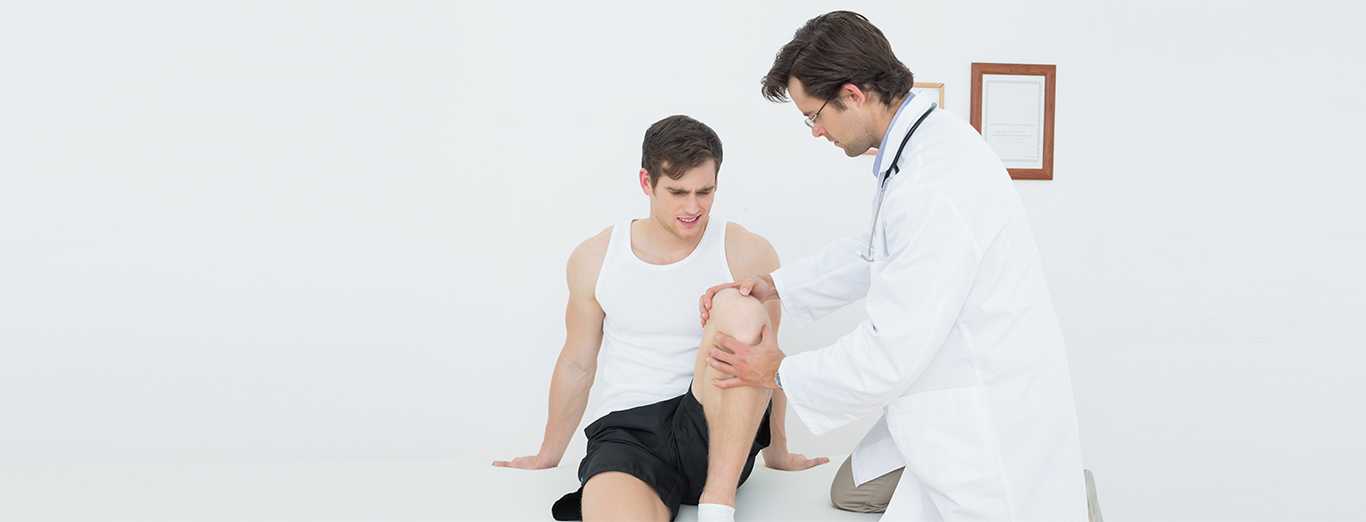
dos and don’ts after total knee replacement


knee replacement
The knee joint is the complex joint in the body. It connects the thighbone (femur) and the shinbone (tibia) together. It actually comprises of two joints. The larger joint is between the femur and the tibia. The smaller joint is between the kneecap (patella) and the femur.
The articular cartilage which is a gentle, leathery tissue covers the ends of the bones. It allows the bones to slide smoothly over each other. The joint is lubricated by synovial fluid which is produced by a bag called the synovial membrane that covers the surfaces of the knee joint.
When the articular cartilage becomes damaged, there is rubbing between the ends of the bones which causes pain and difficulty in movement. During further progression of the disease, the joint may become stiff and difficult to move. This affects the impact the quality of life of an individual. Pain medication provides only temporary relief but may not improve the joint function. The deteriorated knee must undergo replacement to function again.
The surface of the knee joint gets damaged due to normal wear and tear as it is the weight bearing joints. Knee joint arthritis is the major cause of destruction of the articular cartilage due to inflammation.
Total knee replacement is a surgery to replace a damaged, worn or diseased knee with an artificial joint. The goal of knee replacement implant is to relieve pain, restore proper function of the knee joint and improve the quality of life.
damaged knee joint due to osteoarthritis
Most patients can start exercising their knee the day after surgery. In some cases, patients begin moving their knee on the actual day of surgery. A physiotherapist will teach you specific exercises to strengthen your leg and regain knee movement to allow walking and other normal daily activities soon after surgery.
total knee replacement (tkr) rehabilitation
Physiotherapy is one of the most important components of home care program, especially during the first few weeks after surgery. You will be able to resume most of the normal activities of daily living in a period of 3 to 6 weeks following surgery.
The physiotherapy rehabilitation program includes the following:
- A slow gradual walking program to increase your mobility. Initially, it will be performed inside your home for few days and later outside.
- A specific exercise program to resume your other normal household activities, such as standing, sitting and climbing stairs.
- To restore movement and strengthen your knee, your physiotherapist will guide you to perform specific exercises several times a day.
- To maintain the strength and mobility of your new replaced joint, a physiotherapist will design a specific home exercise program which you can perform by yourself after few weeks of surgery.
When your knee gains sufficient strength you can resume driving. It takes approximately 4 to 6 weeks after surgery.
do’s and don’ts after total knee replacement surgery
DOS
- You must position your knee comfortably as you go about for your daily activities.
- You should walk and exercise daily.
- Always use an ice pack for swelling and if pain persists.
- You should elevate your leg one hour twice a day if there is swelling is present.
- You must get trained by your physiotherapist for proper use of walker and cane while walking.
- Always use Western toilets.
DON’TS
- Do not twist your knee.
- Avoid putting unwanted load or stress on your knee.
- Never put a pillow or a roll directly under your knee. Always keep the knee out straight while lying down in bed.
- Avoid sitting in cross leg position.
- Avoid driving for 6 to 8 weeks. Start driving only when you are fully recovered and pain free.
For more information related to Total Knee Replacement Surgery, Please visit PsTakeCare.com
about author
Dr. Ajeet Kumar
Dr. Ajeet Kumar is a Masters in Physiotherapy with specialization in Ortho. He has about 4 years of clinical experience and is currently working with Portea as a physiotherapist.
Doctor Consultation
Nursing
Physiotherapy
Trained Attendant
Elder Care
Mother & Baby Care
Lab Tests
Medical Equipment
Speciality Pharma
Critical Care






